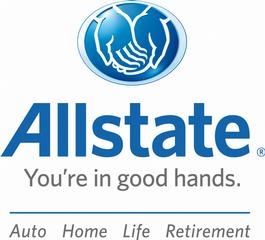
By MSN Money staff
Posted by Lily Mei
Access to health insurance is protected by federal law if your employer offers group coverage. But if you need to buy insurance on your own and you have a history of medical problems, finding affordable insurance can be a challenge.
Either way, you can take steps to control your health-care costs.
Get the most from your employer plan
If you're insured through your employer, review your coverage annually when your company holds open enrollment. (See "9 keys to choosing the right health plan.")
•You may have a choice of several types of providers. Base your decision on access to quality careand what the plan does and doesn't pay for. Examine deductibles, co-payments, limits on out-of-pocket expenses, lifetime maximum benefits and prescription coverage. (See "When your health plan won't pay.")
•Have your medical needs changed? A plan that couples higher premiums with lower co-pays is better for people with health problems.
•You can pay out-of-pocket health-care expenses with a flexible spending account using pretax dollars, meaning Uncle Sam covers as much as a third of the tab. But you'll lose what you don't use in the calendar year (employers can extend the deadline to mid-March), and you can't take it from job to job.
•You may be able to lower your premiums by taking advantage of employee incentives to lose weight, exercise and stop smoking. (Your employer's plan cannot single you out for higher premiums or drop your coverage if you develop health problems.)
Cheaper ways to buy it yourself
Another option for paying out-of-pocket medical expenses is the health savings account. An HSA is available only if you buy high-deductible health insurance through your employer or on your own. (See "Get cheaper medical coverage -- with a tax break.") Not every high-deductible plan can be partnered with an HSA.
•The Internal Revenue Service will allow maximum HSA contributions of $2,900 for individuals and $5,800 for families in 2008. Your contribution is either pretax or deductible, even if you don't itemize, and earnings and withdrawals for medical expenses are tax-free.
•Unlike a flexible spending account, your money is invested, and what you don't spend will roll over to the next year. You can take the account with you if you change jobs.
•Use HSA Insider, HealthDecisions.org or eHealthInsurance.com to find insurance that qualifies as high-deductible under IRS regulations.
•You can make contributions up to age 65. After that, you can make taxable withdrawals for any purpose.
Click here to read more


























